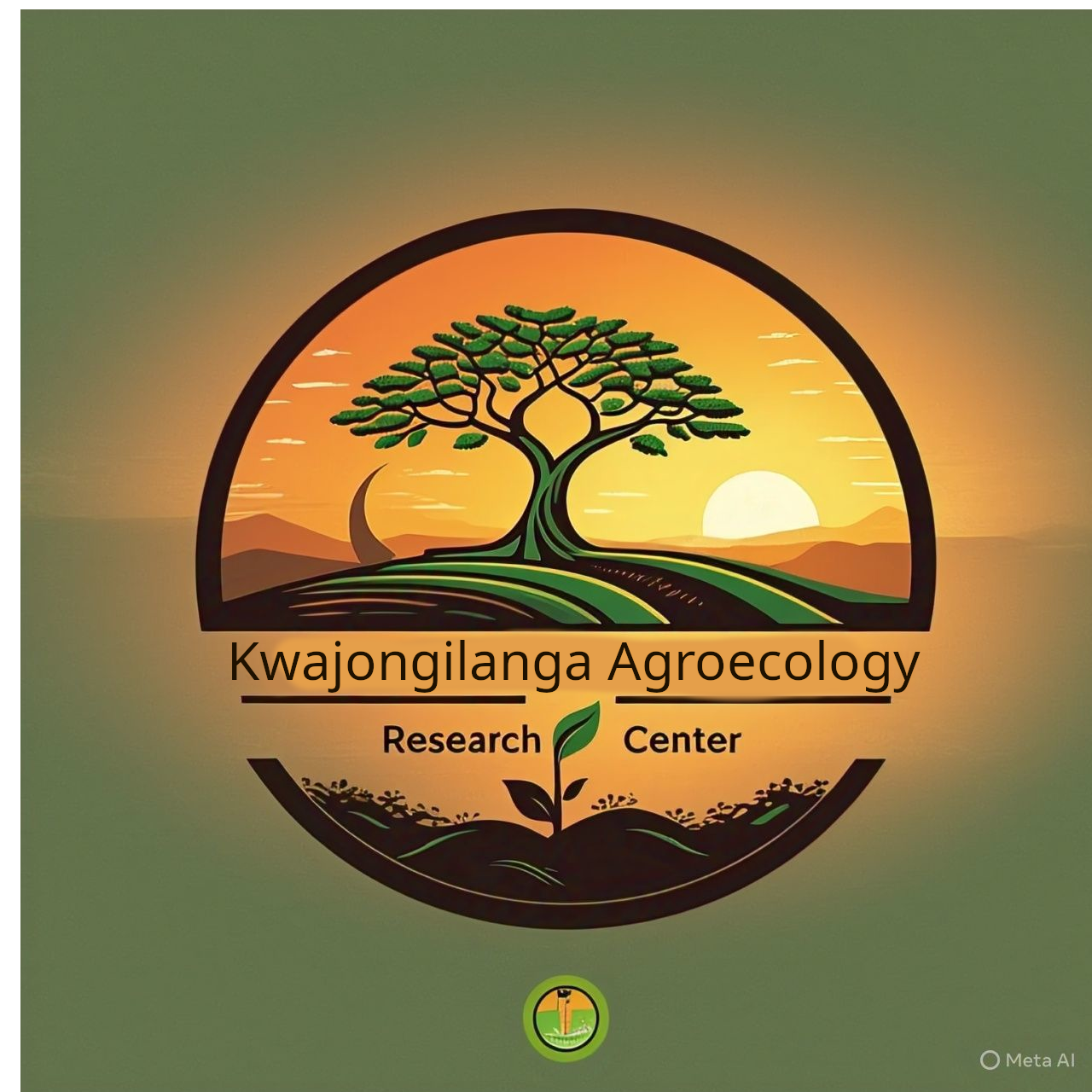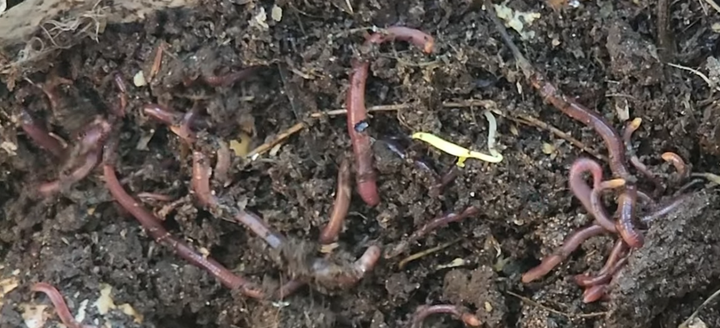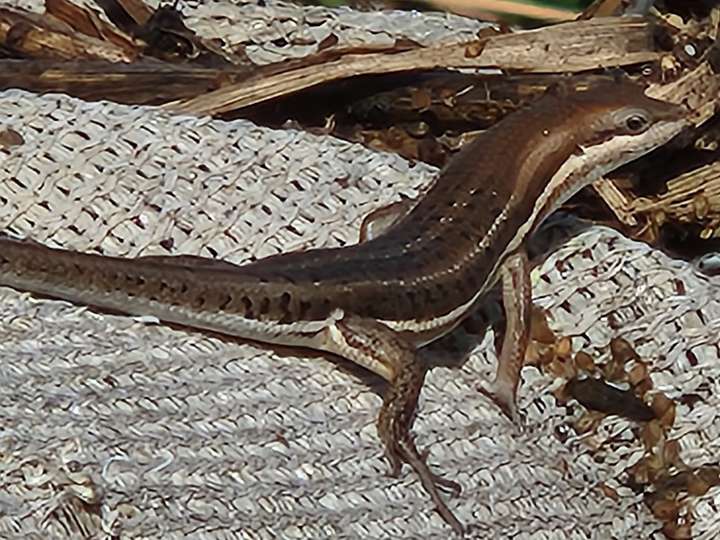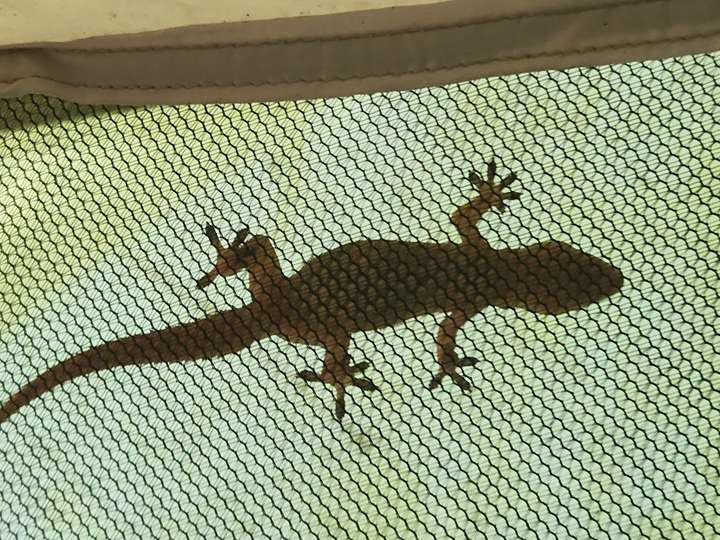Isopods, compost worms and other tiny helpers
Creating safe spaces for the tiny creatures that break down organic waste and process everything from kitchen scraps to sawdust and cardboard into the black fertilizer that can help bring healthy microbial life back into the soil. A relatively stable temperature, protection from direct sunlight and humidity are all that is needed to keep a decent compost worm and isopod breeding space that can overflow into the compost heaps.
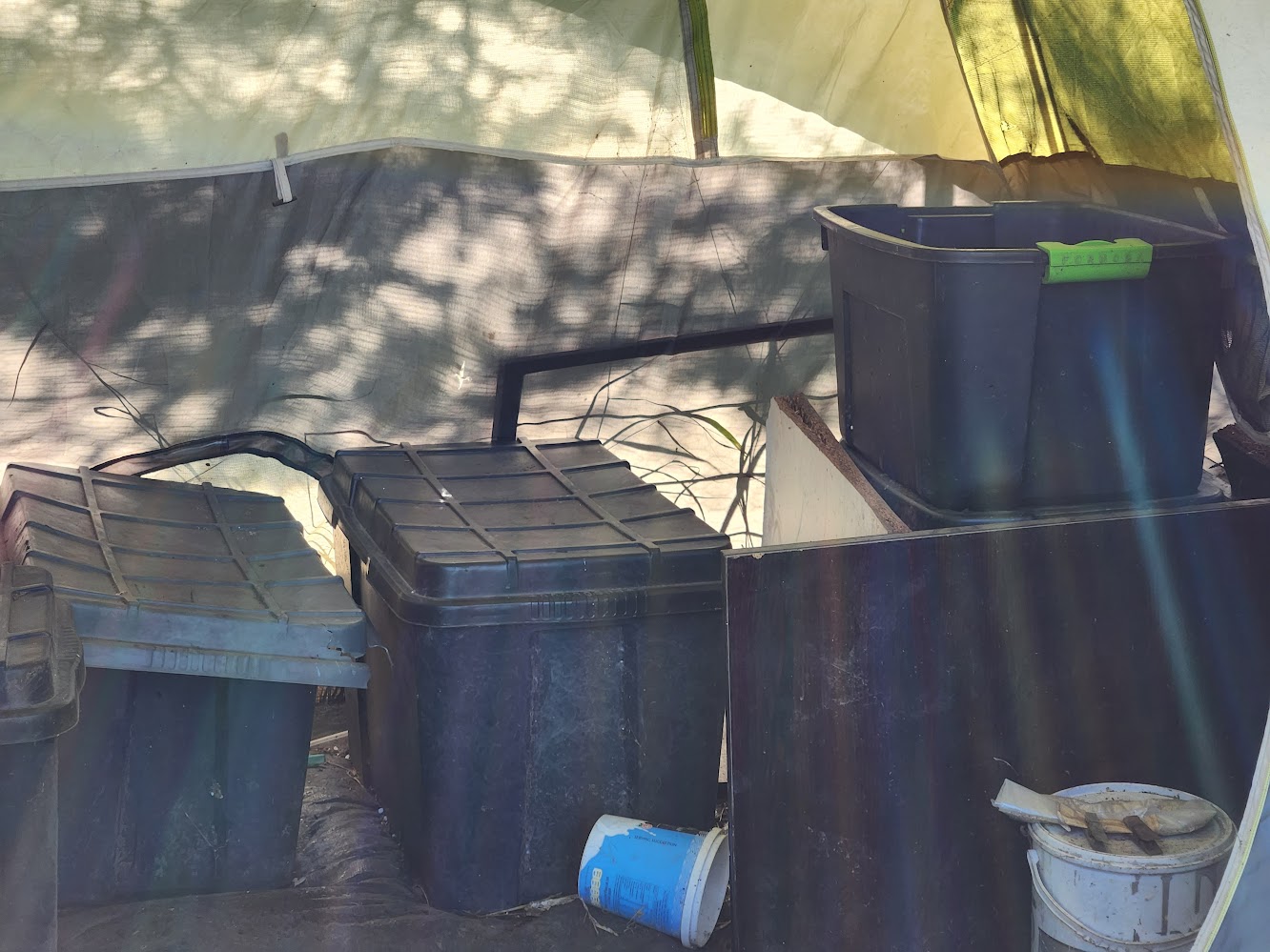
The benefits of thriving compost worms and isopod habitats is that they effortlessly overflow into new spaces that can be used to pile up organic waste which is more rapidly converted into usable safe fertilizer post processing.
At the moment I process the finished contents by sifting out any particles from the organic compostable wastes that remain in the black worm and isopod castings that are the finished product.
The birds, gekos, lizards, small mammals and other creatures that live around the garden all really benefit from the never ending supply of woodlice. A small amount of these bacteria can be added to compost teas, with a bit of molassas and comfery and multiply in days to enrich the mulched beds with nutrients for the plants.
Woodlice and compost worms are brilliant helpers in and reproduce very quickly, they've proved very resilient in both the Western Cape and Easter Cape of South Africa without needing any external heating sources, just pay attention to them and don't let them drown/dehydrate or run out of food and they will be thrive.
